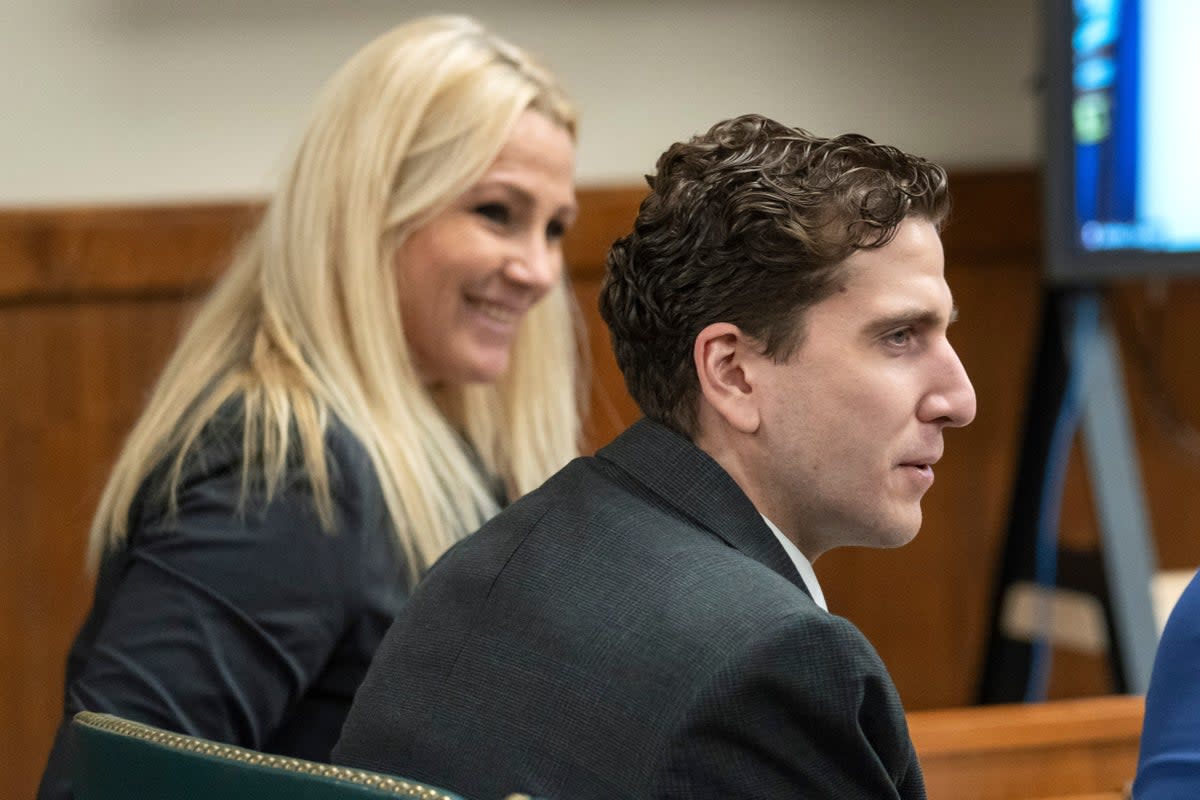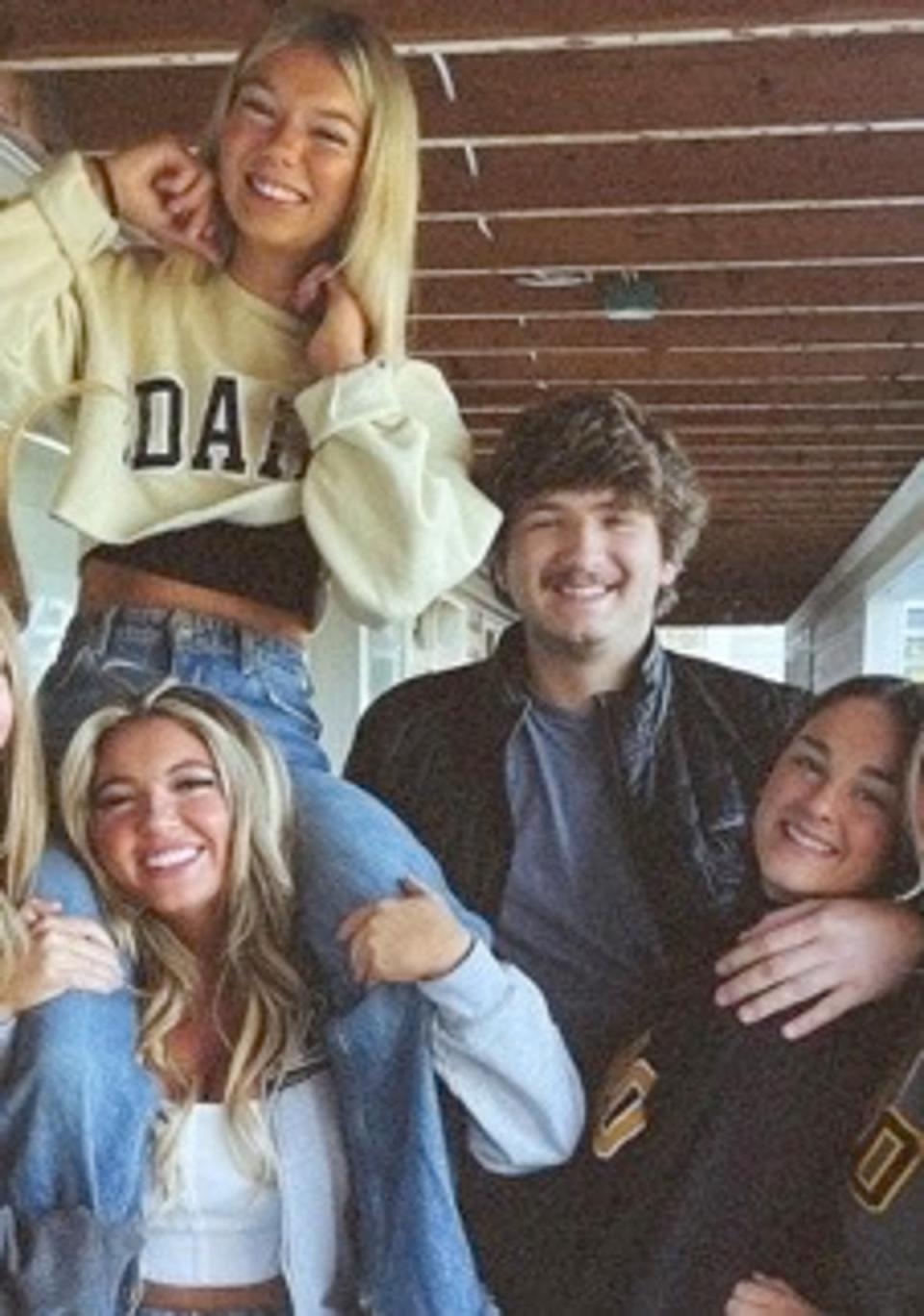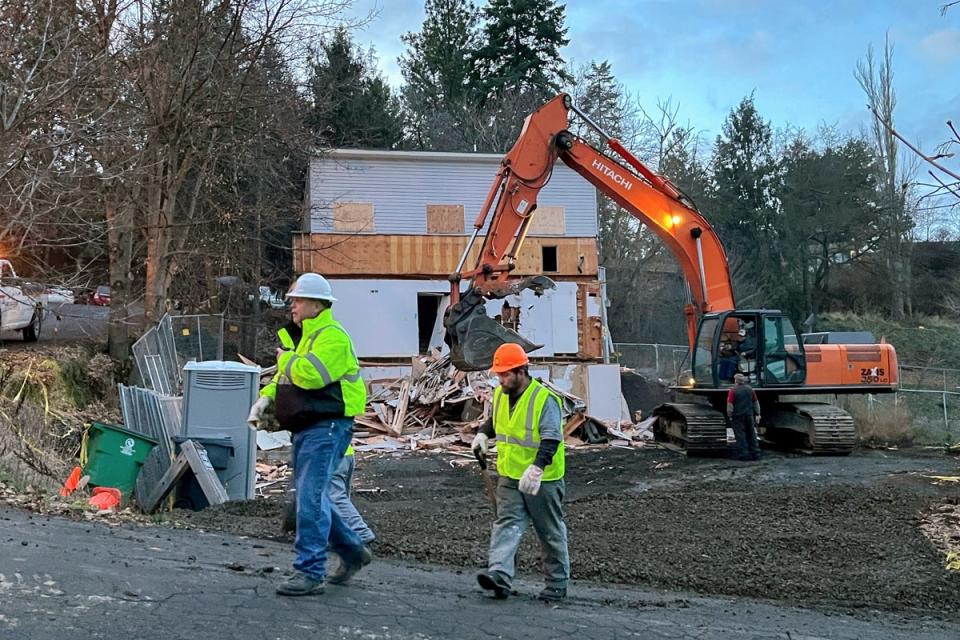Bryan Kohberger: What are the cellphone records prosecutors and defense are fighting over?

Defense attorneys for Bryan Kohberger are hoping to get their hands on a trove of key evidence they believe could support his alibi that he was out stargazing on the night of the brutal Idaho murders and so could not have been the mass killer.
Among this evidence is mystery cellphone data that law enforcement officials have admitted to only discovering now – 18 months on from the murders.
The 29-year-old criminology PhD student is awaiting trial for the November 2022 stabbing deaths of University of Idaho students Kaylee Goncalves, Madison Mogen, Xana Kernodle and Ethan Chapin in an attack that sent shockwaves through the small college community of Moscow.
Investigators linked him to the murders through DNA evidence, cellphone data, an eyewitness account and his white Hyundai Elantra.
But Mr Kohberger claims to have an alibi for the time of the murders: that he was driving around looking at stars and was in Pullman, which is about eight miles west of the off-campus student home at 1122 King Road home, where the slayings unfolded.
“Mr Kohberger was out driving in the early morning hours of November 13, 2022; as he often did to hike and run and/or see the moon and stars,” his attorney Anne Taylor wrote in court documents.

“He drove throughout the area south of Pullman, Washington, west of Moscow, Idaho including Wawawai Park.”
Now, his legal team is arguing that prosecutors have not handed all the evidence over for the defense to review and have filed multiple motions to compel the state to do so. Prosecutors insist they are doing all they can to share evidence but have been partly delayed by federal rules, due to the FBI’s involvement in the investigation.
This evidence in question is said to include dashcam footage, video and audio recordings of a white sedan close to the crime scene in Moscow, as well as lab testing results – information police used to arrest Mr Kohberger seven weeks on from the murders.
At a court hearing on Thursday May 23, Ms Taylor slammed Moscow Police Detective Lawrence Mowery as he admitted that he had only discovered certain cellphone files one day earlier.
“Those were things that existed for quite some time, is that correct?” she asked. “I want to know all the records you relied on, all of the emails, all the conversations you relied on to produce this thing.”
During his testimony, Det Mowery pushed back against the suggestion that police were hiding things from the defense.
He said the records merely show he was called upon in the spring of 2023 to analyze phone records using a data visualization program called CASTViz and that this information was later presented to a grand jury.

Even though he didn’t save his work, the analysis could be quickly recreated, he said.
“I didn’t delete anything,” he said, adding, “I can open the software, drag the CDRs [call detail records] back in, and in a very short time it’s generated.”
The hearing also concerned police efforts to look for evidence on Idaho transit cameras and windy.com, a weather site that temporarily displays shots from state transit feeds. The detective said that while police consulted these feeds as potential sources of evidence, they didn’t find anything of value in the case.
It’s not clear if the newly discovered data is relevant to zeroing in on the location of Mr Kohberger’s phone at the time of the murders.
But both the defense and the prosecution contend that cellphone pings are key to their cases.
The court battle over this potentially key evidence marks just the latest in a string of delays that continue to delay the start of Mr Kohberger’s trial. An Idaho Statesman investigation found that the case has already cost Idaho taxpayers more than $3.6m.
Thursday’s hearing ended without a ruling on the motion to compel, and further proceedings are scheduled for 30 May where two DNA experts – Leah Larkin and Bicka Barlow – will testify for the defense.

Another hearing is scheduled for June 27, where attorneys will make arguments about whether the trial should be moved outside of the county where the crime occurred in order to seat an impartial jury. The state has been opposed to the move, while the defense is in favor of it.
Mr Kohberger declined to enter a plea in the case in May 2023, prompting the judge to enter his plea as not guilty on his behalf.
Earlier this year, the Idaho Supreme Court denied a request from the suspected killer for his grand jury indictment to be thrown out, citing a biased grand jury, inadmissible evidence and prosecutorial misconduct.
Prosecutors intend to seek the death penalty if he is convicted.
A trial date has not yet been set.

 Yahoo News
Yahoo News 
